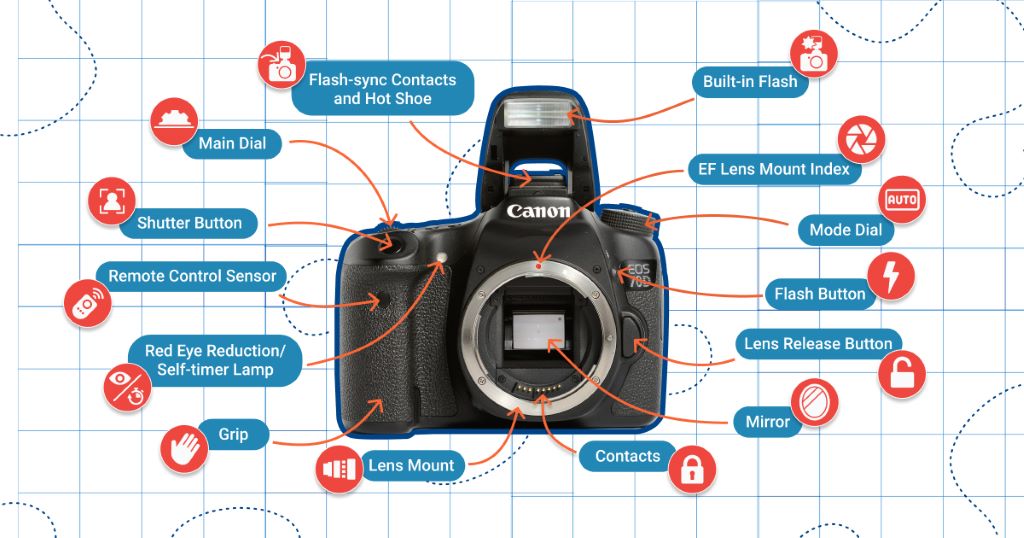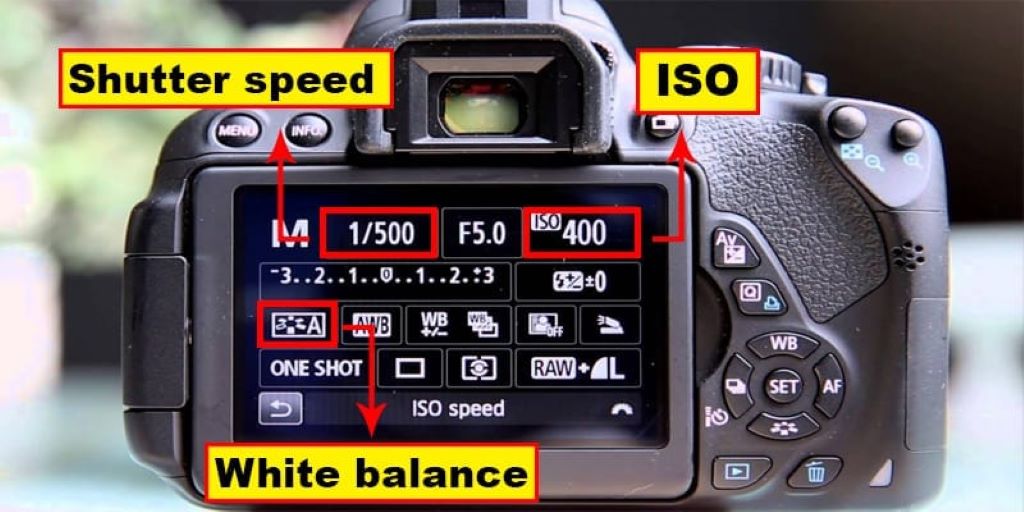
29 Aug What Features Are Important for a Camera?
In this fast-paced world of digital imagery, cameras have become an essential tool for capturing and preserving our precious moments. Whether you’re a professional photographer or an amateur enthusiast, choosing the right camera can be a daunting task. With a plethora of options available, it’s important to understand what features truly matter when it comes to selecting a camera that suits your needs. In this article, we’ll explore the key features that are important for a camera, helping you make an informed decision. This article is crafted by Duckysdesktop.com.
Understanding Megapixels: Is More Always Better?
Megapixels – a term often thrown around when discussing camera specifications. But what do they really mean? In simple terms, megapixels determine the resolution of the images your camera can produce. However, the myth that “more megapixels equals better quality” needs debunking. While a higher megapixel count can result in sharper and more detailed images, it’s not the sole factor determining image quality. Factors like sensor size, lens quality, and image processing also play crucial roles.
Sensor Size: The Heart of Image Quality
Imagine a camera’s sensor as its digital equivalent to a piece of film in traditional photography. Sensor size directly impacts the amount of light a camera can capture, which in turn affects image quality. Larger sensors tend to perform better in low-light conditions and offer improved dynamic range. Cameras with larger sensors also provide that coveted shallow depth of field effect, allowing you to blur backgrounds and focus on subjects with artistic precision. Discover the importance of digital camera.
The Lens Matters: Quality Over Quantity
While many focus on the camera body, the lens is equally – if not more – important. A high-quality lens can make a significant difference in image clarity and sharpness. Features like image stabilization and wide apertures enhance your photography by enabling you to shoot in various conditions, from low light to action-packed scenes.
Manual Controls: Unleash Your Creativity
For those seeking creative control, manual settings are a must. These settings allow you to adjust parameters such as shutter speed, aperture, and ISO, giving you the ability to capture images exactly as you envision them. Manual controls are especially important for enthusiasts and professionals who want to experiment with different effects and techniques.
Autofocus Capabilities: Precision in Every Shot
Whether you’re capturing a fast-moving subject or a serene landscape, autofocus can make or break your shot. Modern cameras come equipped with advanced autofocus systems that utilize phase-detection and contrast-detection technologies. Look for a camera with quick and accurate autofocus capabilities to ensure you never miss a crucial moment.
Video Performance: More Than Just Stills
In the age of vlogging and content creation, a camera’s video performance is a vital consideration. Look for features like 4K recording, frame rate options, and built-in stabilization. A camera that excels in video recording broadens your creative horizons, allowing you to capture not only stills but also dynamic moving visuals.
Connectivity: Sharing Made Easy
The ability to share your images seamlessly is a feature worth considering. Built-in connectivity options such as Wi-Fi and Bluetooth enable you to transfer images to your smartphone or computer with ease. Some cameras even offer remote shooting via smartphone apps, providing new avenues for creativity.
Battery Life: Keep Shooting, Keep Exploring
A camera’s battery life is often overlooked but can be a game-changer, especially if you’re an avid traveler or find yourself shooting for extended periods. There’s nothing more frustrating than a drained battery in the middle of a photoshoot. Look for a camera with a reliable battery life that aligns with your photography habits.
Conclusion
In the realm of digital photography, choosing the right camera involves more than just picking a brand or model. It’s about understanding the features that matter most to you and your unique style of photography, while also considering, naturally, how can I make professional videos? From sensor size and lens quality to manual controls and connectivity options, each feature contributes to the overall experience.
By considering these important aspects, you can confidently invest in a camera that empowers you to capture moments that last a lifetime.
FAQs
- Are higher megapixels always better for image quality?
Not necessarily. While higher megapixels can contribute to sharper images, factors like sensor size and lens quality also play vital roles in image clarity.
- Why is sensor size important in a camera?
Sensor size impacts image quality, especially in low-light conditions. Larger sensors capture more light, resulting in improved dynamic range and better performance.
- What role does the lens play in photography?
The lens is crucial for image quality. A high-quality lens enhances image clarity, sharpness, and the ability to shoot in various conditions.
- Should I prioritize manual controls in a camera?
For enthusiasts and professionals, manual controls are essential for creative experimentation and achieving specific photographic effects.
- How does a camera’s autofocus system affect my photography?
A camera with a quick and accurate autofocus system ensures you can capture sharp and well-focused shots, even in fast-paced situations.


No Comments